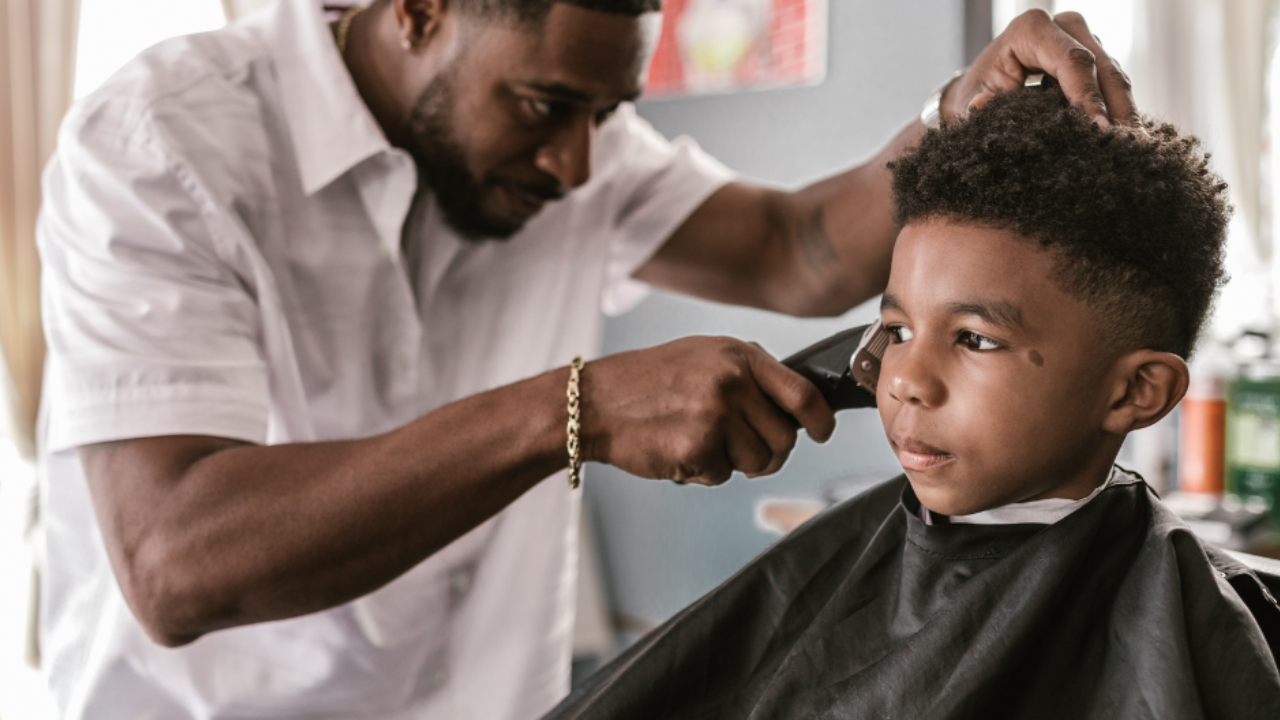
I Didn't Know How to Care for Their Hair - And I Didn't Know How to Listen
Jun 01, 2025When my twins were toddlers, I remember being called out about their hair.
Strangers—Black strangers—would approach me in the grocery store or at the park with comments that, at the time, I interpreted as criticism.
“You’ve got to moisturize their hair.”
“Whew, they’re dry, mama.”
In my head, I was defensive. Why do they assume I don’t care? Why are they being so judgmental? Why do they need to say something at all?
It wasn’t until years later, flipping through photos, that I saw what they saw. Their hair was dry. I hadn’t been moisturizing enough. And those strangers? They weren’t trying to make me feel small. They were trying to protect my children.
They were doing something that white culture rarely does: speaking the truth directly, with urgency, because the stakes were high.
When You’re Not Used to Black Voices
White people—especially those of us raised in white-dominant cultures—are often taught to prioritize comfort, to see directness as rudeness, and to interpret passionate delivery as aggression.
But Black culture doesn’t operate like that. It doesn’t have the same privilege of politeness in the face of harm. When someone speaks up, it’s often out of care, community responsibility, and survival.
Looking back, I can see that those moments of “criticism” were actually moments of care. They saw my Black children and wanted them to be properly nurtured and protected. They saw me—a white mom—and knew I might not know what I didn’t know.
And they were right.
The Real Question Isn’t “Why Are They So Harsh?”
It’s “Why Wasn’t I Listening?”
There’s a trap many white parents fall into when raising Black and brown children: we think love is enough. That if our intentions are good, we shouldn’t be called out. That being “colorblind” or “open-minded” means we’re doing a good job.
But love without cultural humility can turn into harm.
Good intentions without listening become pride.
And pride will blind you.
My defensiveness was never about them. It was about me not wanting to feel exposed, not wanting to admit that I didn’t know enough about caring for Black hair—or Black bodies—or Black children.
I’ve since learned.
I’ve since apologized—to my kids, and silently, to those strangers.
I now welcome the truth, even when it stings.
Because when someone speaks up to protect your children, you don’t get to push them away. You get to say thank you.
This Is What We're Doing Here
I’m not writing these blog posts because I have it all figured out. I’m writing them because I’ve made the mistakes, and I want to help you avoid—or at least recognize—yours.
When a Black voice sounds “critical,” ask what it’s protecting.
When you feel defensive, ask where that fragility is coming from.
And when you’re humbled, let yourself grow.
Our children need us to stop centering ourselves in every conversation.
They need us to listen differently.
Let’s keep walking this road—through the discomfort and into deeper trust.
Don't miss a beat!
New moves, motivation, and classes delivered to your inbox.
We hate SPAM. We will never sell your information, for any reason.
